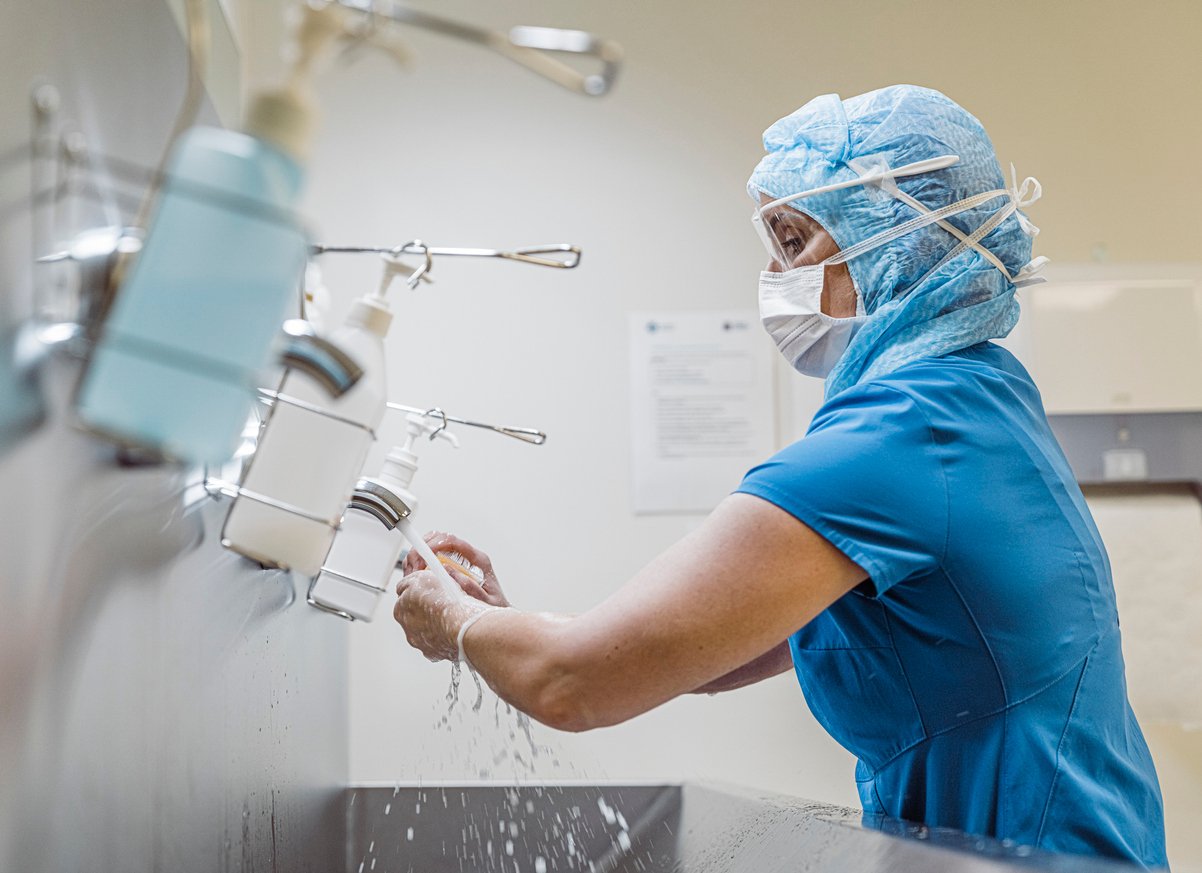A report, recently published by the Department of Public Health, HSE Mid-West, provides an insight into the work of public health staff in responding to the Covid-19 pandemic. Niamh Cahill reports
The spread of Covid-19 between individuals in the Mid-West was highlighted extensively in the mainstream media recently on foot of a public health report. The report titled, Covid-19 in the Mid-West – The response from the Department of Public Health, HSE Mid-West between January and September 2020 revealed how one index case led to 56 other positive cases of Covid-19.
The index case affected a sports team and 10 private households, highlighting the ease with which the virus can spread if guidelines are disregarded. The intricate nature of the case, and the detail provided, brought into sharp focus the complex nature of effective public health work.
Index case
“The index case was abroad on his holidays, but he did not restrict his movements as per the current HSE guidelines when he got home,” according to the report.
“He had mild symptoms including a runny nose and a mild sore throat. He checked his temperature and it was normal. He felt reassured by this and socialised with a group of friends. He later tested positive for Covid-19.
“However, by this stage, he had already infected a number of his friends. Three of these friends went on to infect their families.
“Another friend who he infected felt unwell and contacted her GP to arrange a Covid-19 test. She had the test in the morning, but by afternoon she felt a bit better and decided to go to a friend’s party. After the party, she got her test result and it was positive. By attending the party while waiting for her test result, she ended up infecting a number of other people.
“The index case has a close extended family who visit each other’s houses regularly. This led to some extended family members also getting infected with Covid-19. One of his extended family members who had no symptoms played a match with his local team and a number of his teammates were infected as a result. The team members then went on to infect a number of people.”
Public health staff nationally have investigated many cases such as this, in the face of ongoing challenges, not least chronic underfunding of public health and inadequate staffing levels. Since the start of the pandemic, 1,894 confirmed cases of Covid-19 had been notified to the Department of Public Health, HSE Mid-West, up to and including midnight 19 September 2020. Some 293 of these cases were hospitalised and one-in-five of cases were in healthcare workers.
Staffing
In the early stages of the pandemic, the department adapted quickly to rapidly changing information and several changes in case definition and criteria for testing. The department, just like the other seven regional departments, underwent a “rapid organisational restructure” during this time.
“A large number of staff were redeployed to assist the department. This was very beneficial though these staff often required extensive training, which was time consuming. The vast majority of these staff have now returned to their substantive posts. Recruitment of staff is ongoing.”
The service increased to a seven-day-a-week service, with extended working days, making it difficult for staff to get adequate time off. The department usually functions with 20 whole-time-equivalents (WTEs), but at the height of the pandemic this increased to 60 WTEs as staff were redeployed, hired (agency staff), and rehired (retirees) to respond to the national emergency.
“This was stressful for staff and their families. It has been acknowledged that public health departments have been understaffed for some time, but this pandemic highlighted the urgent requirement for adequate and consistent staffing across all grades.”
The report disclosed that staff struggled to respond to the pandemic “in the absence of an appropriate IT infrastructure”.
“The pandemic has highlighted the significant underinvestment in an appropriate national IT case and outbreak management system for public health.”
There was no adequate case management system with contact tracing functionality, therefore the contact management programme (CMP) system or Covid tracker system was developed rapidly at a national level to enable contact tracing of non-complex cases, the report highlighted. The system requires further development to be fully effective, according to the report.
“The development of this system was welcome and lessened the burden of contact tracing on local public health departments. As yet it has no capacity to assist in case investigation, outbreak identification or management, although this is planned.”
In summary, the report emphasised that “processes, communication, staffing, and ICT all need to be improved going forward to ensure that we can tackle Covid-19 in an effective, timely, and efficient manner.”













Leave a Reply
You must be logged in to post a comment.